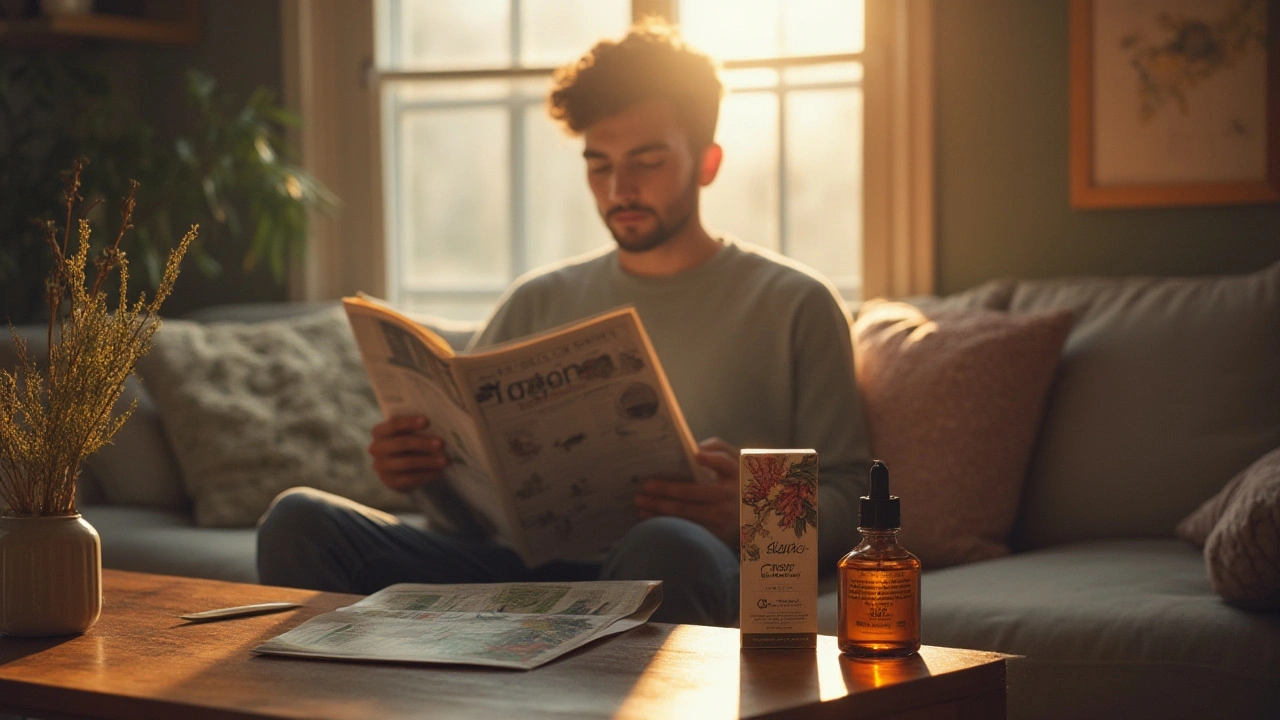CBD for Anxiety: What It Does and How to Use It Safely
If you’ve tried coffee, tea, or even prescription meds to settle nerves, you might have heard about CBD. It’s a plant‑derived compound that many people say helps them feel calmer without the high of marijuana. Below we’ll break down why CBD is popular for anxiety, what science says, and practical tips so you can try it safely.
How CBD Affects Anxiety
CBD talks to your body’s endocannabinoid system, a network that regulates stress, sleep, and mood. Unlike THC, CBD doesn’t bind strongly to the receptors that cause psychoactive effects. Instead, it nudges the system toward balance, which can lower the “fight‑or‑flight” response that fuels anxiety.
Several small studies have shown that a single dose of 300 mg CBD reduced anxiety in public‑speaking tests and in people with social anxiety disorder. While the research isn’t huge yet, the trend points to a calming effect without major side effects.
Choosing the Right Product and Dosage
CBD comes as oil tinctures, gummies, capsules, vape liquids, and topical creams. For anxiety, oral formats (oil or gummies) are most common because they provide steady blood levels.
- Start low: Begin with 5‑10 mg once a day. If you feel no change after a week, increase by another 5 mg.
- Watch the timing: Take it about 30 minutes before a stressful event or in the evening if anxiety keeps you up.
- Check the label: Look for “full‑spectrum” or “broad‑spectrum” CBD, which includes other cannabinoids that may boost effectiveness. Make sure the product lists the exact milligram content.
Everyone reacts differently, so keep a simple journal of dosage, time, and how you feel. That record will help you find the sweet spot without overdoing it.
When buying online, stick to reputable sites that provide third‑party lab results. These certificates show the product’s purity, confirm there’s less than 0.3% THC (the legal limit in most places), and verify cannabinoid concentrations.
Side effects are rare but can include mild drowsiness, dry mouth, or changes in appetite. If you’re on medication that affects liver enzymes (like certain antidepressants), talk to a pharmacist because CBD can interact with those drugs.
Overall, CBD isn’t a magic cure, but many users report feeling less jittery and more able to manage everyday stress. Pairing it with healthy habits—regular exercise, good sleep, and mindful breathing—often gives the best results.
If you’re curious, try a low‑dose oil from a trusted brand, track your response for two weeks, then adjust as needed. Remember, consistency beats occasional high doses when it comes to calming anxiety.

